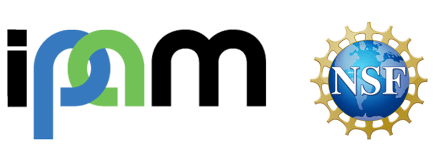Research in Industrial Projects for Students (RIPS)-Hong Kong 2014
Sponsors
IPAM’s partner, HKUST, recruits four project sponsors from local industry. The 2014 sponsors include:
BGI
BGI, founded in 1999, is the world’s largest DNA sequencing center. In 2007, it relocated to Shenzhen as the first citizen-managed, non-profit research institution in China. BGI aims to develop research collaboration and provide scientific support to scientists all over the world, contribute to the advancement of innovative biology research, molecular breeding, healthcare and related fields. BGI’s accomplishments include sequencing 1% of the human genome for the International Human Genome Project, contributed 10% to the International Human HapMap Project, and decoding the genome of a strain of E coli that originated in Germany
Hong Kong Observatory
The Hong Kong Observatory is a government department responsible for forecasting weather and issuing warnings on weather-related hazards. The Observatory also monitors and assesses radiation levels in Hong Kong, and provides other meteorological and geophysical services to meet the needs of the public and the shipping, aviation, industrial and engineering sectors.
Lenovo
Lenovo is a US$34 billion personal technology company and the world’s largest PC vendor with more than 33,000 employees in more than 60 countries serving customers in more than 160 countries. Lenovo creates a full range of personal technology, including smartphones, tablets and smart TVs. It is the fourth largest smartphone company in the world, and is expanding rapidly to new markets. The company employs more than 3,200 engineers, researchers and scientists. Lenovo’s R&D teams have introduced many industry firsts supported by a track record of innovation— including more than 6,500 globally recognized patents and more than 100 major design awards.
Microsoft Research Asia
Microsoft Research Asia is founded in Beijing as Microsoft’s fundamental research facility in the Asia Pacific region and expands rapidly. By attracting the best talent from Asia and across the globe, Microsoft Research Asia has grown into a world-class research laboratory with more than 230 researchers and developers and more than 250 visiting scientists and students. Today, the lab conducts basic research in natural user interfaces, next-generation multimedia, data-intensive computing, search and online advertising, and computer science fundamentals.
